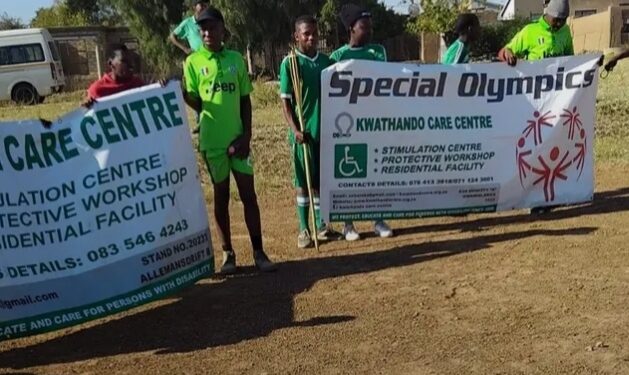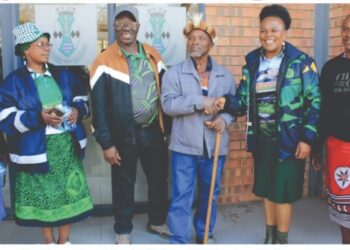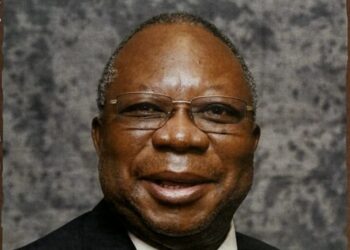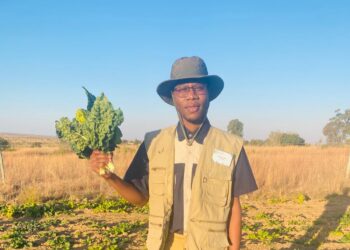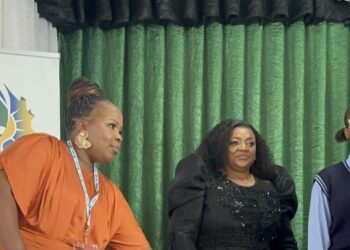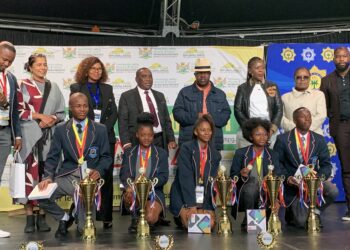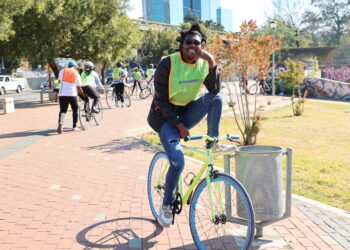KwaMhlanga– In the heart of Sun City, KwaMhlanga, stands Kwathando Care Centre, a haven for children living with intellectual and physical disabilities.
Centre Manager Lucas Nkuna explains how they came about their name. “Our name, Kwathando, meaning a place abundant with love, comes from scripture that says, ‘Love your neighbour as you love yourself.’ Too often, children with disabilities in our communities are seen as a curse. We wanted to change that perception by showing them love and dignity.”
Kwathando mainly serves children with intellectual disabilities and operates under three entities: the Stimulation Centre (a day care), a Protective Workshop (youth aged 18–35) and Edwaleni (a residential facility).
Established on 03 March 2008 through the vision of the Reformed Church, the centre grew out of a need to provide children with disabilities a space to exercise their rights to education, care, and community participation.
Initially, children from Thembisile Hani Municipality had to attend Egodini Care Centre in Dr JS Moroka Municipality. As numbers grew, they took a decision to establish Kwathando to bring care closer to home.
Launching the centre was not easy. In the beginning, Nkuna recalls resistance from some community members who sought personal benefit rather than supporting the project. Families were hesitant to enrol their children due to stigma and fear, while recruiting committed staff proved difficult as many expected payment.
Over time, the challenges eased. Local residents were employed, church volunteers stepped forward and outreach efforts convinced parents to trust Kwathando with their children. Today, the centre supports 130 children with the help of 41 staff members, though Nkuna admits they remain understaffed.
Children at Kwathando benefit from a wide range of activities designed to stimulate growth, confidence and inclusion. Physiotherapy, provided by the Department of Health, supports children with physical challenges, while social workers offer emotional guidance.
Sport and cultural activities such as soccer, athletics, aerobics, singing and dancing form a vital part of the programme. Kwathando is affiliated with the Special Olympics, which offers sport training and athletic competition for children and adults with intellectual disabilities.
In fact, one learner recently represented Mpumalanga in Namibia. “These activities help our children gain recognition in the community,” Nkuna proudly shares.
Classes are tailored to different needs: moderate (visual and audio learning), mild (slow learners with limited IQ levels), severe (autism) and profound (children requiring full-time care).
The centre also nurtures spiritual growth, with weekly church services and emphasises vocational training through gardening projects, preparing children for future opportunities in agriculture.
Kwathando operates primarily with support from the Department of Social Development, supplemented by donations from local businesses such as Total Garage in KwaMhlanga, which assists with transport fuel. However, Nkuna highlights that access to technology remains a critical gap. “Our biggest challenge is digital access. Without proper technology, it is hard to connect with stakeholders and partners,” he explains.
Kwathando continues to fight stigma and abandonment by hosting community awareness events. He believes that greater collaboration with businesses and government could create lasting change. He urges housing projects to consider disability friendly designs and calls on communities to see children with disabilities as a blessing rather than a burden.
“To parents raising children with disabilities, I say: consider yourselves blessed. Do not feel ashamed. Treat your children equally and embrace them with love,” says Nkuna.











